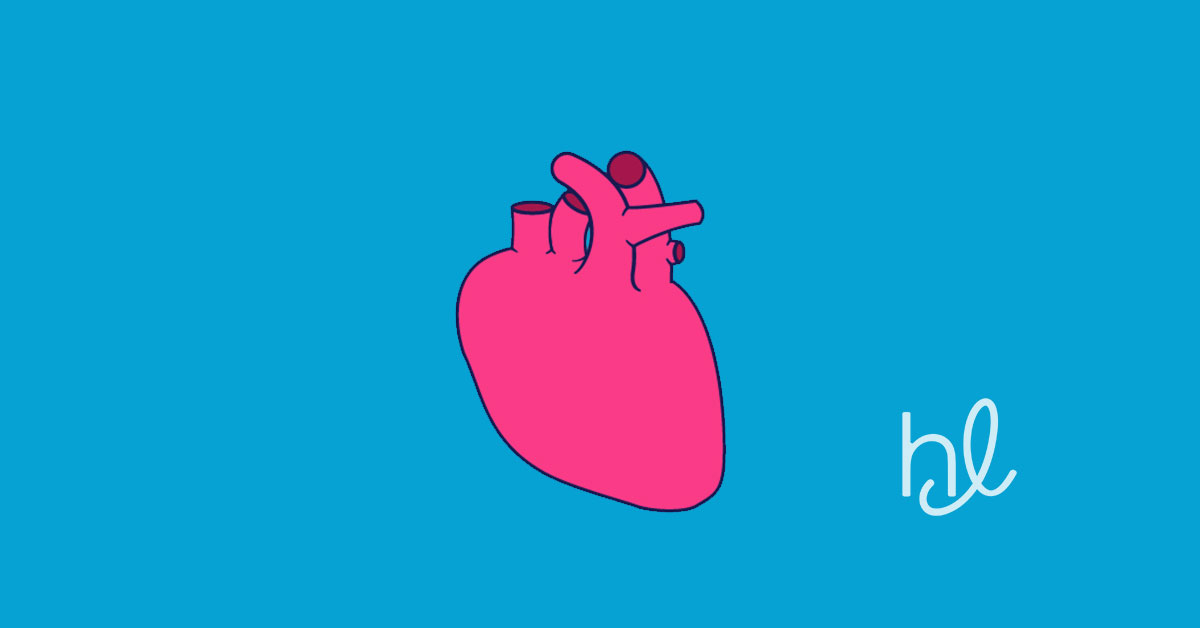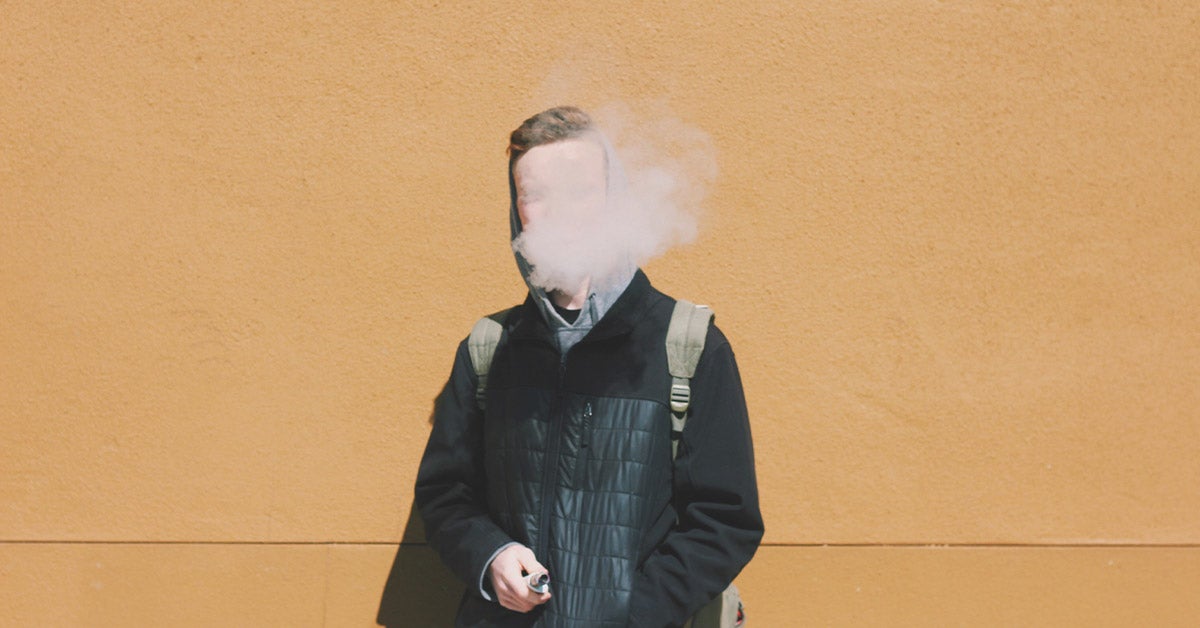When to Be Concerned About Night Sweats
It's not uncommon to sweat during the night. You may sweat a little or a lot, depending on how many blankets you sleep with, how warm your room is, and even what you ate before going to bed.
But if you sweat enough that you regularly wake up with wet pajamas and bedding, there could be an underlying issue.
Night sweats can happen for a number of reasons, and most of them aren't too serious. In some cases, however, regular episodes of night sweating could indicate a potentially serious medical condition.
Read on to learn more about common and less common causes of night sweats, tips to relieve night sweats on your own, and when it may be a good idea to see your healthcare provider.
It's not always possible to determine the cause of night sweats. But other symptoms you experience along with nighttime sweating could help you narrow down an underlying medical cause.
Gastroesophageal reflux disease (GERD)
You can experience GERD during the day or at night, and it can sometimes cause night sweats.
Along with night sweats, GERD can cause:
- heartburn, often after meals
- chest pain or esophageal spasms
- problems with swallowing
- regurgitation (when liquid or food comes back up after swallowing)
- sleep issues
- respiratory problems, including coughing or increased symptoms of asthma
GERD is generally diagnosed if you experience this at least twice a week, or if more severe reflux happens once a week or more.
Stress and anxiety
Anxiety and stress are mental health issues, but they often involve physical symptoms, too. Increased sweating is one common physical sign associated with these conditions.
If your night sweats are happening because of anxiety or stress, you might also:
- have feelings of worry, dread, and fear that keep coming back
- find it hard to think about anything besides these feelings
- have sleep issues or unpleasant dreams
- have stomach and digestive trouble
- have unexplained aches, pains, or muscle tension
- feel irritable or have other mood changes
- feel weak, tired, or generally unwell
Addressing the underlying cause of stress and anxiety, generally by working with a therapist, may help improve all of your symptoms.
Hormonal issues
A range of hormonal issues and hormone disorders can cause excessive nighttime sweating.
These include:
- menopause
- low testosterone
- carcinoid syndrome
- hyperthyroidism
Hormonal conditions can cause a range of symptoms, but some general ones include:
- unexplained weight changes
- changes in energy level
- headaches
- sexual dysfunction
- menstrual changes
With proper management, many hormonal issues aren't anything to worry about.
Medication
Certain drugs can cause night sweats as a side effect. If you've recently started a new medication and are experiencing night sweats, talk to the healthcare provider who prescribed your medication.
Some common drugs known to sometimes cause night sweats include:
- steroids (including prednisone and cortisone)
- both tricyclic and SSRI antidepressants
- pain relief medications such as aspirin and acetaminophen
- medications for diabetes that help lower blood sugar
- hormone therapy medications
- phenothiazine antipsychotics
If the night sweats have a negative impact on your sleep, your care provider may recommend a different drug or have suggestions to help you manage the side effects.
Sometimes, night sweats may be a symptom of something a bit more serious.
Sleep apnea
Sleep apnea is a condition that causes you to stop breathing while asleep, usually multiple times in a night.
Obstructive sleep apnea generally occurs when something like throat tissue blocks your airway. You can also develop central sleep apnea when certain health conditions affect the function in your central nervous system.
It's not unusual to have night sweats with sleep apnea. In fact, results of a 2013 study looking at 822 people with untreated obstructive sleep apnea suggest that excessive sweating at night happens three times as often in people with untreated sleep apnea.
If you have sleep apnea, you might also:
- feel tired during the day
- wake often in the night or sleep restlessly
- wake up struggling to breathe
- have difficulty focusing during the day
- have headaches
- wake up with a sore throat
- have symptoms of anxiety or depression
Sleep apnea can have serious complications if it goes untreated, such as increased risk for asthma and cardiovascular issues.
It's a good idea to see your healthcare provider for night sweats that happen with other symptoms of sleep apnea.
Cancer
It's possible for unexplained night sweats to be a symptom of cancer, but this doesn't happen often. If you do have cancer, you'll most likely have other noticeable symptoms, too.
These symptoms may seem to resemble other, less-serious health issues, like the flu.
It's a good idea to see your healthcare provider if you have night sweats and feel fatigued or generally unwell for more than two weeks. It's particularly recommended to see a doctor if you have a fever that doesn't go away and you've recently lost weight without trying, as these can be early signs of cancer.
Types of cancer most often linked to night sweating include Hodgkin's lymphoma, non-Hodgkin's lymphoma, and leukemia.
These cancers also usually involve the following symptoms:
- persistent fatigue and body weakness
- fever
- chills
- unintentional weight loss
- swollen lymph nodes
- chest and stomach pain
- bone pain
Serious infections
Some serious infections can also cause night sweats, including:
- tuberculosis, a highly contagious infection that usually affects your lungs
- endocarditis, an infection in the valves of your heart
- osteomyelitis, an infection in your bones
- brucellosis, an infection you can get from animals with brucellosis or unpasteurized products from infected animals
But as with cancer, infections also tend to cause other noticeable symptoms as well. These include:
- chills and fever
- aching muscles and joints
- body pain
- general weakness or fatigue
- weight loss
- lack of appetite
If the above symptoms last for more than a few days or suddenly get worse, call your healthcare provider right away. It's also a good idea to seek medical care if your fever rises abruptly or won't go down.
Neurological disorders
In rare cases, night sweats can occur as a symptom of certain neurological issues, including:
- stroke
- autonomic dysreflexia
- autonomic neuropathy
- syringomyelia
Neurological issues can involve many symptoms, but some common early indicators might include:
- appetite loss
- losing consciousness
- feeling dizzy or lightheaded
- trembling
- muscular weakness
- numbness and tingling in your arms, hands, legs, and feet
If you don't have other symptoms that might indicate something more concerning, try these tips to relieve night sweats:
- Crack a window. Sleep in a cooler room. Leave windows cracked open at night, if possible, or try using a fan.
- Change your bedding. Replace plush or heavy blankets with breathable sheets, light quilts, or even moisture-wicking sheets. It can even help to remove extra bedding and sleep under lighter layers, so you may not need to buy new sheets or blankets.
- Use an ice pack. Try placing an ice pack under your pillow to keep cool while sleeping.
- Apply a cool washcloth. Use a cool washcloth on your face before bed and during the night.
- Drink cold water. Use an insulated cup or flask for cold water when you go to bed. Drinking cool water throughout the night can help cool you off if you wake up sweating and help you stay hydrated if you do end up sweating more than usual.
- Adjust exercise timing. Physical activity just before sleeping could contribute to increased sweating in the night.
- Take a shower. Try taking a cool shower before bed.
- Avoid sweat triggers. Avoid eating spicy foods, smoking cigarettes, or drinking alcohol right before going to bed.
If you only get night sweats occasionally and they don't significantly affect your sleep quality, you probably don't need to be too concerned. Still, you may want to mention them the next time you see your doctor.
But if you're having trouble sleeping, regularly wake up soaked in sweat, or have other symptoms that concern you, it's best to check in with your healthcare provider.
Some potentially serious symptoms to watch for include:
- unexplained weight loss
- body aches and pains
- high fever
- chronic or bloody cough
- diarrhea or stomach pain
Your healthcare provider can help you get to the bottom of your night sweats and, if needed, come up with a treatment plan.
-
 6 interesting genetic traits that children will inherit from their parents
6 interesting genetic traits that children will inherit from their parents
-
 7 effects of asparagus on child development
7 effects of asparagus on child development
-
 Does cutting blood hair for babies bring good luck?
Does cutting blood hair for babies bring good luck?
-
 The more babies eat, the higher the height they develop, especially the second kind
The more babies eat, the higher the height they develop, especially the second kind
-
 Children with chicken pox should eat to quickly recover from the disease, without leaving a deep scar?
Children with chicken pox should eat to quickly recover from the disease, without leaving a deep scar?
-
 The more food is cooked, the better it can be for health, especially the second type
The more food is cooked, the better it can be for health, especially the second type
-
 Here's How Cutting My Hair Short Empowered Me
Here's How Cutting My Hair Short Empowered Me
-
 Zulresso: Dosage, Side Effects, Uses, and More
Zulresso: Dosage, Side Effects, Uses, and More
-
 The woman had itching in the private area for more than 1 year but did not go to the doctor, who was startled
The woman had itching in the private area for more than 1 year but did not go to the doctor, who was startled
-
 The mouth smells warning 9 serious health problems: The most dangerous number 8 is unexpected
The mouth smells warning 9 serious health problems: The most dangerous number 8 is unexpected
-
 Having cancer at the age of 31, the one-child mother painfully realized: I have 2 million mistakes
Having cancer at the age of 31, the one-child mother painfully realized: I have 2 million mistakes
-
 Vaping Essential Oils: Side Effects, Precautions, and Is It Safe?
Vaping Essential Oils: Side Effects, Precautions, and Is It Safe?































